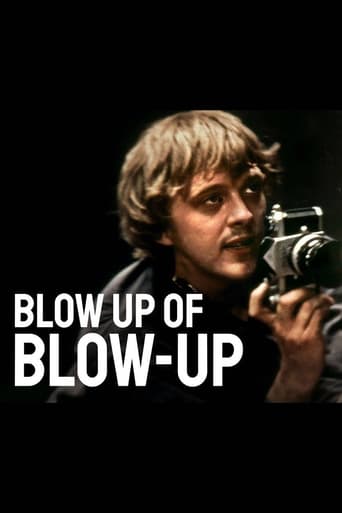
16 Dec 2016

Blow Up of 'Blow-Up'
Documentary about Michelangelo Antonioni's 1966 film.
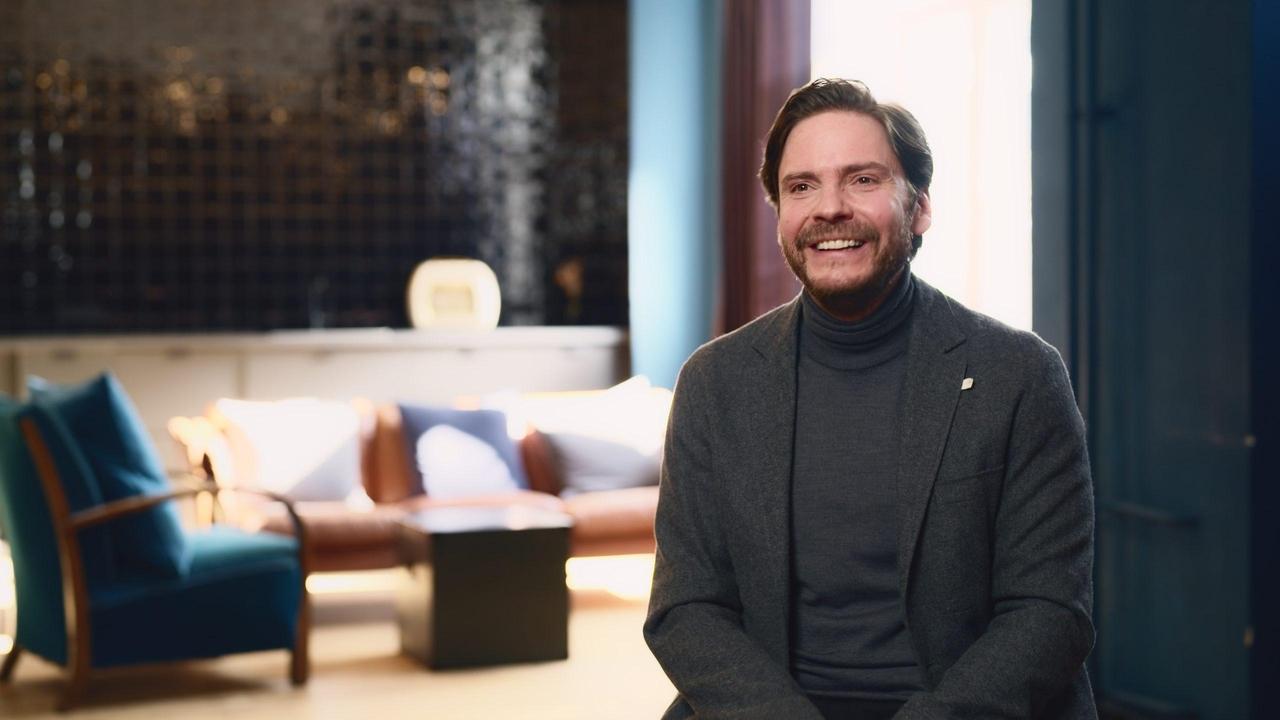
A portrait of the Spanish-German actor Daniel Brühl, a versatile performer capable of moving easily from the gentlest to the darkest role.
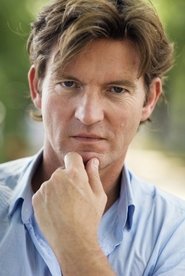
Self - Narrator (voice)
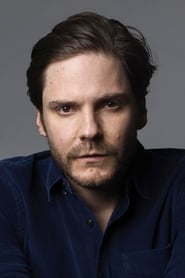
Self - Actor
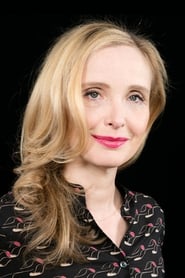
Self - Actress
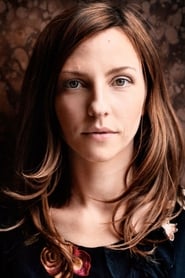
Self - Actress

16 Dec 2016

Documentary about Michelangelo Antonioni's 1966 film.
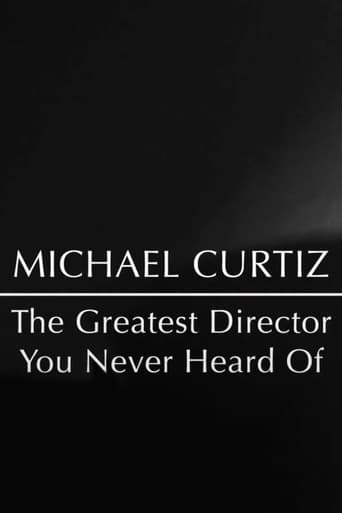
01 Jan 2012

Documentary about the work of film director Michael Curtiz.
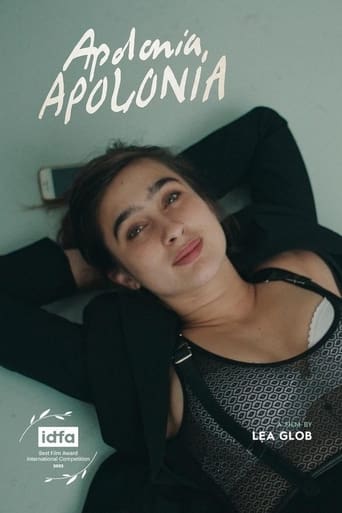
23 Mar 2023

When Danish filmmaker Lea Glob first portrayed Apolonia Sokol in 2009, she appeared to be leading a storybook life. The talented Apolonia was born in an underground theater in Paris and grew up in an artists’ community—the ultimate bohemian existence. In her 20s, she studied at the Beaux-Arts de Paris, one of the most prestigious art academies in Europe. Over the years, Lea Glob kept returning to film the charismatic Apolonia and a special bond developed between the two young women.
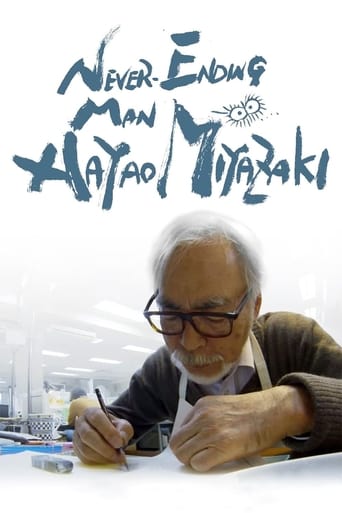
14 Nov 2017

A look at legendary Japanese animator Hayao Miyazaki following his retirement in 2013.
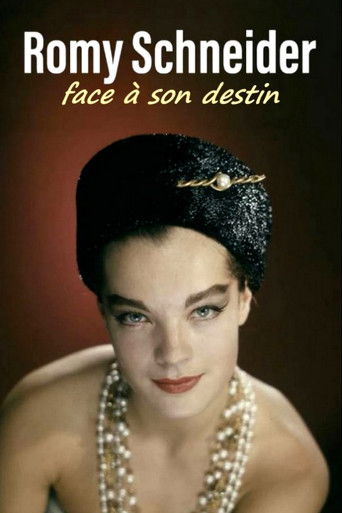
24 Nov 2023

No overview found
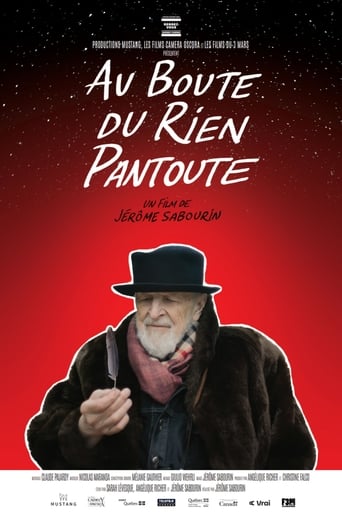
02 Mar 2024

Every morning, Marcel confides in his tape recorder. It is from his reflections on life that this film takes us into the wake of his story.

01 Jan 1978

Interview with film director Jacques Tourneur which first appeared on the French television series "Ciné regards".
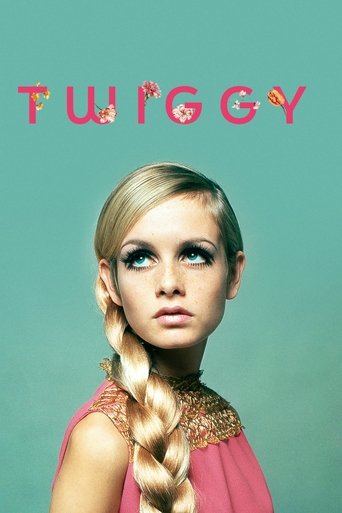
07 Mar 2025

Twiggy takes a comprehensive look at the life story of UK model and cultural icon Twiggy, real name Lesley Lawson, whose career kickstarted in the 1960s. It features interviews with Twiggy and her husband Leigh Lawson, as well as commentary from Erin O’Connor, Paul McCartney, Lulu, Poppy Delavigne, Brooke Shields, Pattie Boyd and Zandra Rhodes.
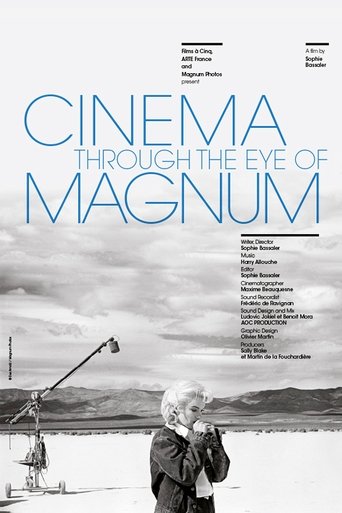
02 Sep 2017

The film tells the story of the intimate and unprecedented encounter between the photojournalists of the Magnum Agency and the world of cinema. The confrontation of two seemingly opposite worlds – fiction and reality. For 70 years their paths crossed: a family of photographers, amongst them the biggest names in photography, and a family of actors and filmmakers who helped write the history of cinema, from John Huston to Marilyn Monroe to Orson Welles, Kate Winslet and Sean Penn.
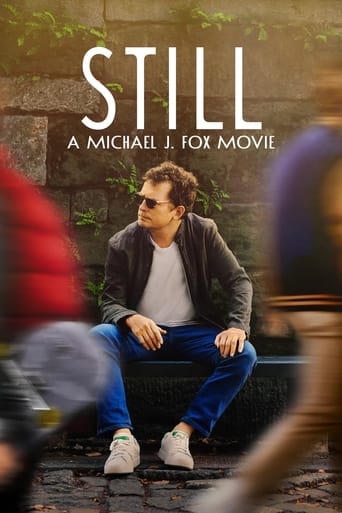
20 Jan 2023

A short kid from a Canadian army base becomes the international pop culture darling of the 1980s—only to find the course of his life altered by a stunning diagnosis. What happens when an incurable optimist confronts an incurable disease?
30 Jun 2020
In this new program, actors Beverly D'Angelo, Don Dacus, Ellen Foley, Annie Golden, John Savage, and Dorsey Wright recall how they became involved with Hair, what it was like to work under the direction of Milos Forman, and era in which the film emerged, and how it impacted their acting ambitions and careers. (Some of Mr. Savage's comments are very emotional).
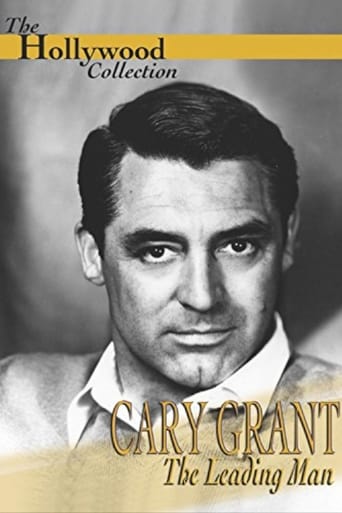
05 Jun 1988

A retrospective of the life and career of actor Cary Grant, including clips from his films and interviews with his friends and co-workers.

01 Dec 2024

A young non-binary trans photographer, Laurence Philomène asserts themselves as one of the most original and inspiring voices of their generation and an icon of the LGBTQ+ community. Revealing both Laurence's intimate world and creative process, "LARRY (they/them)" paints a luminous and committed portrait of the complex and often misunderstood multiplicity of trans and non-binary identities and experiences.
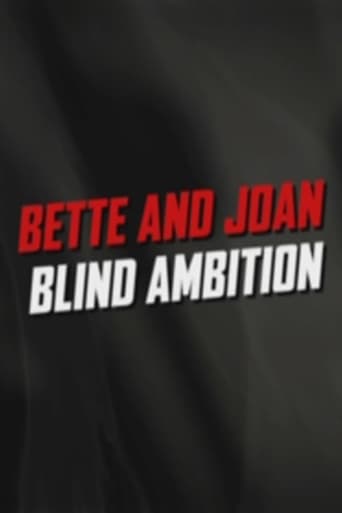
30 May 2006

An overview of the iconic actresses' legendary careers, as well as the rivalry that colored "What Ever Happened to Baby Jane?"
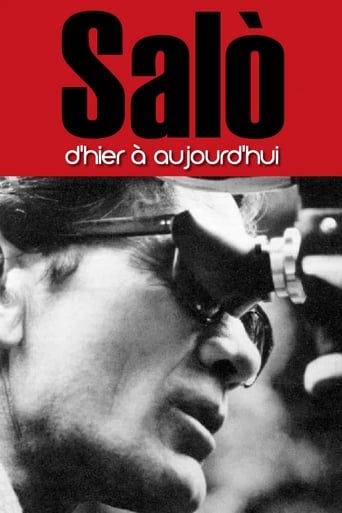
24 Oct 2002

A thirty-three-minute documentary featuring interviews with director Pier Paolo Pasolini, actor-filmmaker Jean-Claude Biette, and Pasolini friend Ninetto Davoli.

08 Jan 2019

An intimate portrait, in his own words, of the Indian writer Salman Rushdie, author of The Satanic Verses (1988), thirty years after the fatwa uttered by the Iranian Ayatollah Khomeini: his youth in multicultural Bombay, his life in England, his many years of forced hiding, his thoughts on President Trump's United States of America.
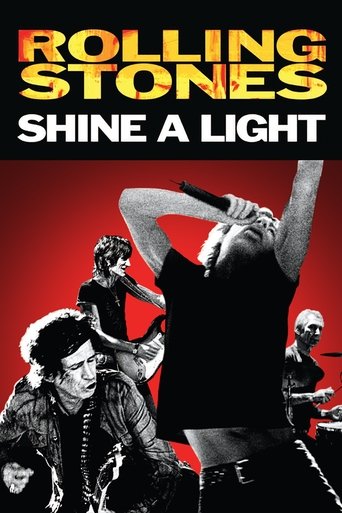
04 Apr 2008

Martin Scorsese’s electrifying concert documentary captures The Rolling Stones live at New York’s Beacon Theatre during their A Bigger Bang tour. Filmed over two nights in 2006 with an all-star team of cinematographers, the film combines dynamic performances with archival footage and rare glimpses behind the scenes, offering a vibrant portrait of the band’s enduring energy and legacy.
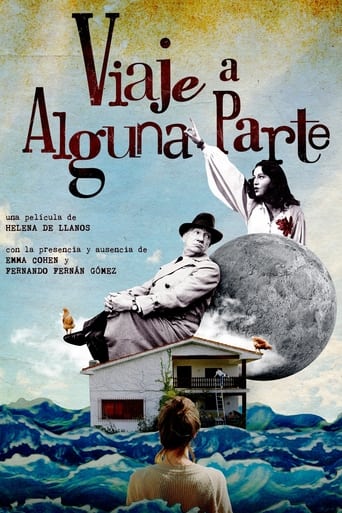
23 Nov 2021

A young woman, who has inherited her grandparents' huge house, a fascinating place full of amazing objects, feels overwhelmed by the weight of memories and her new responsibilities. Fortunately, the former inhabitants of the house soon come to her aid. (An account of the life and work of Fernando Fernán Gómez [1921-2007] and his wife Emma Cohen [1946-2016], two singular artists and fundamental figures of contemporary Spanish culture.)
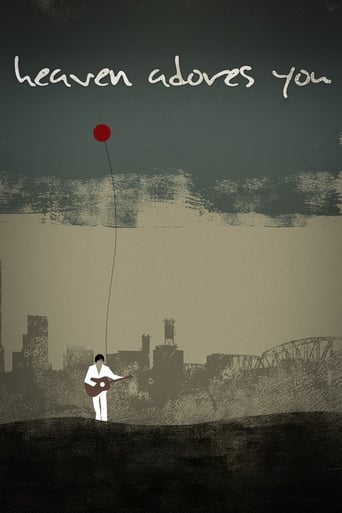
14 May 2014

Heaven Adores You is an intimate, meditative inquiry into the life and music of Elliott Smith. By threading the music of Elliott Smith through the dense, yet often isolating landscapes of the three major cities he lived in -- Portland, New York City, Los Angeles -- Heaven Adores You presents a visual journey and an earnest review of the singer's prolific songwriting and the impact it continues to have on fans, friends, and fellow musicians.
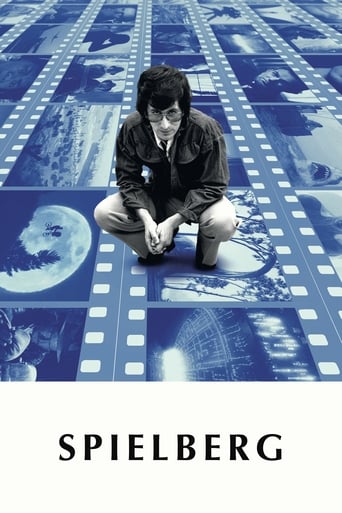
05 Oct 2017

A documentary on the life and career of one of the most influential film directors of all time, Steven Spielberg.